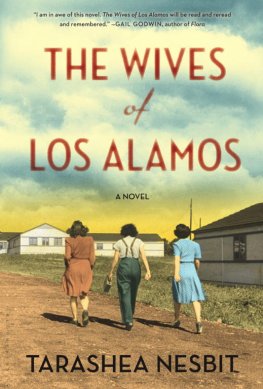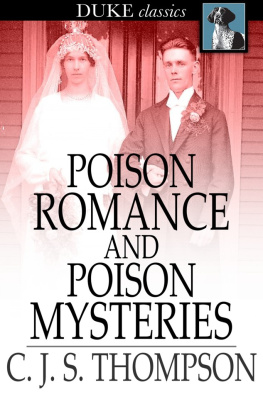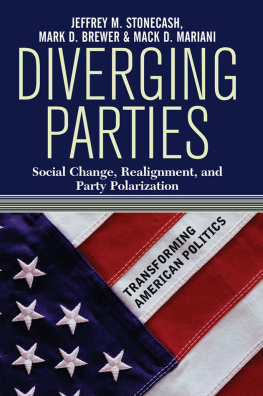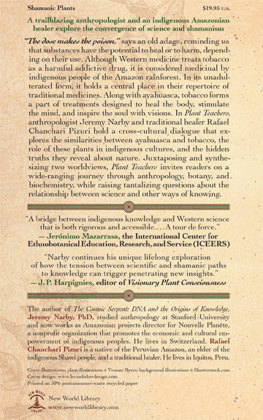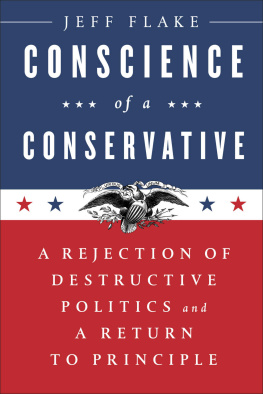Jeff Nesbit - Poison Tea: How Big Oil and Big Tobacco Invented the Tea Party and Captured the GOP
Here you can read online Jeff Nesbit - Poison Tea: How Big Oil and Big Tobacco Invented the Tea Party and Captured the GOP full text of the book (entire story) in english for free. Download pdf and epub, get meaning, cover and reviews about this ebook. year: 2016, publisher: Thomas Dunne Books, genre: Politics. Description of the work, (preface) as well as reviews are available. Best literature library LitArk.com created for fans of good reading and offers a wide selection of genres:
Romance novel
Science fiction
Adventure
Detective
Science
History
Home and family
Prose
Art
Politics
Computer
Non-fiction
Religion
Business
Children
Humor
Choose a favorite category and find really read worthwhile books. Enjoy immersion in the world of imagination, feel the emotions of the characters or learn something new for yourself, make an fascinating discovery.

- Book:Poison Tea: How Big Oil and Big Tobacco Invented the Tea Party and Captured the GOP
- Author:
- Publisher:Thomas Dunne Books
- Genre:
- Year:2016
- Rating:5 / 5
- Favourites:Add to favourites
- Your mark:
- 100
- 1
- 2
- 3
- 4
- 5
Poison Tea: How Big Oil and Big Tobacco Invented the Tea Party and Captured the GOP: summary, description and annotation
We offer to read an annotation, description, summary or preface (depends on what the author of the book "Poison Tea: How Big Oil and Big Tobacco Invented the Tea Party and Captured the GOP" wrote himself). If you haven't found the necessary information about the book — write in the comments, we will try to find it.
Jeff Nesbit: author's other books
Who wrote Poison Tea: How Big Oil and Big Tobacco Invented the Tea Party and Captured the GOP? Find out the surname, the name of the author of the book and a list of all author's works by series.
Poison Tea: How Big Oil and Big Tobacco Invented the Tea Party and Captured the GOP — read online for free the complete book (whole text) full work
Below is the text of the book, divided by pages. System saving the place of the last page read, allows you to conveniently read the book "Poison Tea: How Big Oil and Big Tobacco Invented the Tea Party and Captured the GOP" online for free, without having to search again every time where you left off. Put a bookmark, and you can go to the page where you finished reading at any time.
Font size:
Interval:
Bookmark:
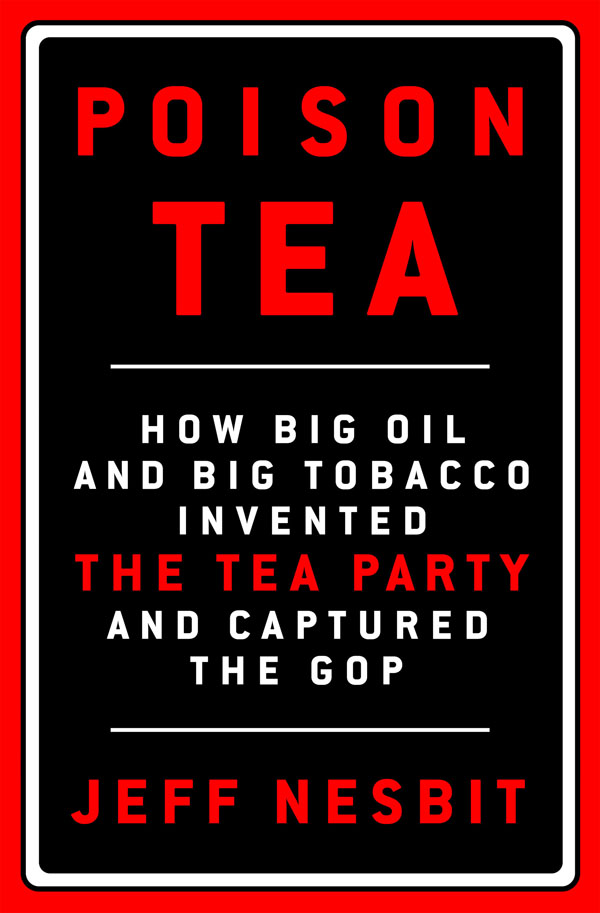

The author and publisher have provided this e-book to you for your personal use only. You may not make this e-book publicly available in any way. Copyright infringement is against the law. If you believe the copy of this e-book you are reading infringes on the authors copyright, please notify the publisher at: us.macmillanusa.com/piracy.
To the members of the relentless, positive storm family. You know who you are, and why its important to wake up every single day with the courage to change the world around each of us and make it a better place.
How did todays Tea Party movement really come to be? Did it suddenly appear in 2009, as the widely publicized, grassroots response to Barack Obama and health care reform? Was it indeed a spontaneous movement, founded by well-intended citizens concerned about the future of America? People who decided theyd had enough of increased taxation and government intervention in the private sector and were determined to at last do something about it? Was it truly CNBC news commentator Rick Santellis famous rant from the floor of the Chicago Mercantile Exchange and his reference to the Boston Tea Party that lit the spark for this new American Revolution and became a rallying cry against a strong federal government?
Or was the true purpose and history behind the Tea Party movement something far different? Was it even an expansive, carefully strategized effort over two decades by two of the planets wealthiest individuals, the tobacco industry, and corporate interests to form a series of political coalitions and remake government to support their own interests, as well as seize control of one of our two national parties and ultimately gain both the White House and Congress?
Americans are passionate about their politics. They owe it to themselves to know the truthincluding the real motives, calculated strategies, and long-range plans behind the scenes of a seemingly populist political movement. The Tea Partys central aims are well understoodto retain cherished personal, constitutional freedoms; the ability to pursue the American dream of hard work that leads to wealth; and a debt-free future for the next generations. But those goals are shockingly disparate to the real ones of those who strategized the development of the Tea Party precepts years earlierto protect big oil and tobacco profits (under the guise of battling taxes, regulations, and government intervention in corporate lives, built around a seemingly broad base of followers) and to develop a network that is now a dominant force in American politics.
I was present in the room at the beginning of a shocking alliance between representatives of the worlds largest private oil company and the planets largest public tobacco company creating the outlines of a national political grassroots movement that dovetails precisely with the aims of the Tea Party. I understood what I was witnessing because Ive worked in senior public-affairs positions at two federal science agencies and a GOP White House.
This startling proposal was for a powerful alliance between two individuals who, if their fortunes were combined, would likely represent the wealthiest person on earth, and one of the wealthiest industries on the planet. The end goal? To create an Allied Forces grassroots political movement to seize control of one of Americas two national parties. That goal has been relentlessly carried out step by step ever since, largely unnoticed by the American public.
This book begins with my firsthand knowledge of the opening move in a long game that is only now coming fully into view. Much of the rest of the untold story is on display in careful searches of 14 million internal tobacco-industry documents released since 2003. The balance of the books contentsobtained through firsthand knowledge of some of the events, reputable observation, interviews, and painstaking researchis an effort to answer questions such as:
What if the wealthy and the powerful could carefully orchestrate and fund the long rise of the Tea Party movement beginning in the mid-1990s, yet lead the American public to think it was a spontaneous response to populist anger?
What if there is a carefully shielded alliance with a clear aim to break Washington? An alliance that has relentlessly been carrying out that plan for decades, under the guise of something completely different?
What if the wealthiest individuals and industries on earth established a maze of front groups to attack all taxes and regulations in general in order to hide their real goals: to protect their own interests through the efforts and political machinations of such groups?
What if one family used its vast wealth to slowly remake the entire landscape of American politicsincluding all levels of government, from local to nationalby building a hard-edged conservative movement that despises and undermines national government in the belief that it is of little use?
And what if these alliances and efforts were strategic and could be followed step by step to reveal a master plan so broad in scope that it could direct key decisions in America?
Poison Tea uncovers the truth, history, and the hidden motives and secrets of the people pulling the strings behind the curtains of big oil, big tobacco, and the creation of the Tea Party movement. It presents new information that will surprise Democrats who are pro big-government solutions as well as Republicans who are worried as they watch their party being hijacked by a vocal minority.
It reveals the Tea Party not as a sudden emergence due to reactionary movements against big government but rather the behind-the-scenes, secret strategy of wealthy corporations and individuals that began in the early 1990s to control the GOP. It uncovers the hidden alliances made to further that purpose. And it details the steady progress of remaking one of Americas two political parties. Poison Tea is for all those who care about the true nature of the national political discussion in the country today.
The spring of 1993 was a lousy time to be associated with the Republican Party in Washington, DC. Bill Clinton had just stormed into the White House. The Democratic Party controlled both houses of Congress. Even undersecretaries of powerful cabinet departments from the Bush administration discovered that they were unloved, unwanted, and unemployed in the nations capital.
That included me. Id worked at the White House as the director of communications for Vice President Dan Quayle, an Indiana Republican, during the second half of the elder Bushs term as president.
In 1993 DC had few open doors for refugees of the losing Bush White House. Defeat had been sudden and unexpected, and plenty of folks like me found themselves on the street with bleak job prospects in a place that had become a one-party town.
So I did what many others did in that spring of 1993 in the nations capital: I began consulting. My first client was a think tank that Id never heard ofa small outfit with big dreams and a curious checkbook.
At the time, no one knew much about Citizens for a Sound Economy (CSE). Its chairman, Jim Miller, had been President Reagans budget director. Two of the colleagues Id worked with at the White House on the Competitiveness Council that Quayle chaired, David McIntosh and Nancy Mitchell, had both decided to sign up at CSE. They brought me along for the ride as CSEs communications director while I built up my consulting practice. Paul Beckner, the young president of CSE, was intense, driven, and clearly ready to take on the one-party town. He viewed the political landscape in 1993 as an opportunitya tabula rasato remake national politics in ways that tilted much more toward the Libertarian side of the table.
Font size:
Interval:
Bookmark:
Similar books «Poison Tea: How Big Oil and Big Tobacco Invented the Tea Party and Captured the GOP»
Look at similar books to Poison Tea: How Big Oil and Big Tobacco Invented the Tea Party and Captured the GOP. We have selected literature similar in name and meaning in the hope of providing readers with more options to find new, interesting, not yet read works.
Discussion, reviews of the book Poison Tea: How Big Oil and Big Tobacco Invented the Tea Party and Captured the GOP and just readers' own opinions. Leave your comments, write what you think about the work, its meaning or the main characters. Specify what exactly you liked and what you didn't like, and why you think so.

